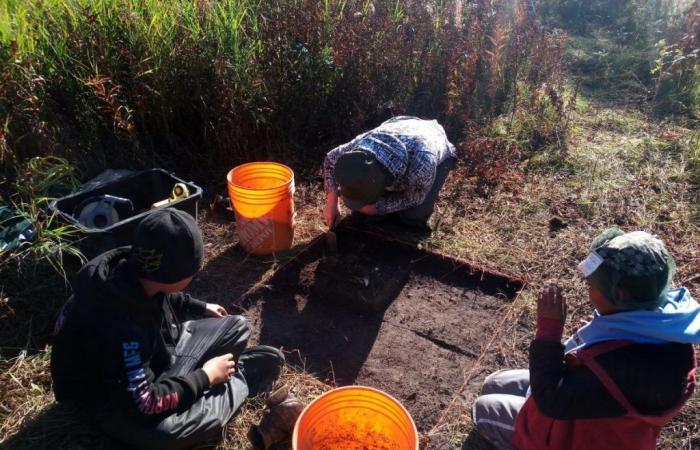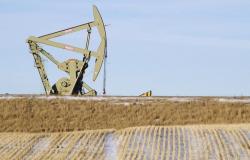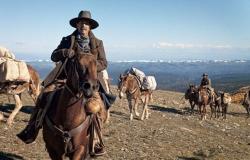A First Nation living in the oil sands region of Alberta wants to have better control over the traces left by their ancestors on its traditional territory.
“We would like to manage our historic resources,” says Shaun Janvier of the Chipewyan Prairie First Nation. Archeology is directly linked to the Aboriginal people of the region. It belongs to us.”
The Chipewyan Prairie are one of the first Indigenous bands to develop a cultural resources policy to have a say in how sites and artifacts are studied, preserved and displayed.
This is a measure that has been necessary for a long time, underlines Kisha Supernant, director of the Institute of Prairie and Indigenous Archeology at the University of Alberta.
“It’s been almost 50 years since the first rules were established. They haven’t really been updated since that time. We have reached a stage where they represent an obstacle to Aboriginal rights.
In Alberta, companies may be required to conduct a historical study of the site before beginning work. The oil sands region is considered one of the most archaeologically interesting in Canada.
In 2022, the province issued 209 archaeological excavation permits. Most were for an industrial project.
Consultants search for potential sites using models and past experiences. For example, a sunny hillside near a lake or river is a beautiful place for an ancient encampment, a place of sacrifice, or a place of tool production.
In some cases, consultations are carried out.
But there is nothing in the laws requiring companies to ask First Nations where to dig. Kisha Supernant fears that some sites will not be excavated or even destroyed because of it.
“This has consequences,” she says.
When something is found, a government agency must take possession of it, assess its importance, determine whether excavations should be undertaken.
Developers must contact the government, but Ms Supernant says enforcement of the rules is so permissive that they are simply ignored.
“There is no motivation to report something,” she laments. I have heard that community members or people involved in a project are sometimes encouraged not to tell anyone because such discoveries can cause construction delays.”
A 2021 survey by the Archaeological Survey of Alberta estimated that 8% of potential sites in the oil sands are disturbed by activities that contravene the legislation.
Companies are not required to contact First Nations in the event of a discovery. Some do.
Consulting a local band is not required by law. Companies can sometimes hire local volunteers to dig, but that’s not the way to go, says Ave Dersch, an archaeologist who works with the Chipewyan Prairie First Nation.
“Local workers have no authority. They are just labor, she explained. They may have indigenous knowledge about a site and they may or may not choose to share it.”
And at the end of the day, the objects found belong de facto to the Crown. They were sent to the Royal Alberta Museum in Edmonton.
“This is why we must co-manage our historic resources,” said Mr. Janvier. We must be consulted.”
Garrett Koehler, spokesperson for the Alberta Ministry of Arts, Culture and the Status of Women, says the government is reviewing how it manages historical discoveries in the province.
“The Alberta government is creating a new framework for returning non-sacred objects to Indigenous communities through the Royal Alberta Museum,” he said in an email. The government provides information on archaeological excavations. We make these reports available to Indigenous communities.”
Alberta has approximately 40,000 archaeological sites. No one expects excavations to be undertaken in all of these places. Some communities may not want such an activity in their home.
“I would like to see greater empathy in avoiding sites. For example, we can move a pipeline a few meters so that we don’t have to do excavations at all costs,” says Ms. Supernant.
Janvier says his First Nation is deciding how they want to participate in efforts to understand how their ancestors lived. She wants to innovate to obtain such control.
But this is only the beginning. Excavations carried out by the First Nation at Winefred Lake uncovered objects, including pottery dating from before the arrival of Europeans. This is changing the history of the region.
“I am proud of these discoveries,” says Mr. Janvier. I feel connected to them. I know our story is true.”






